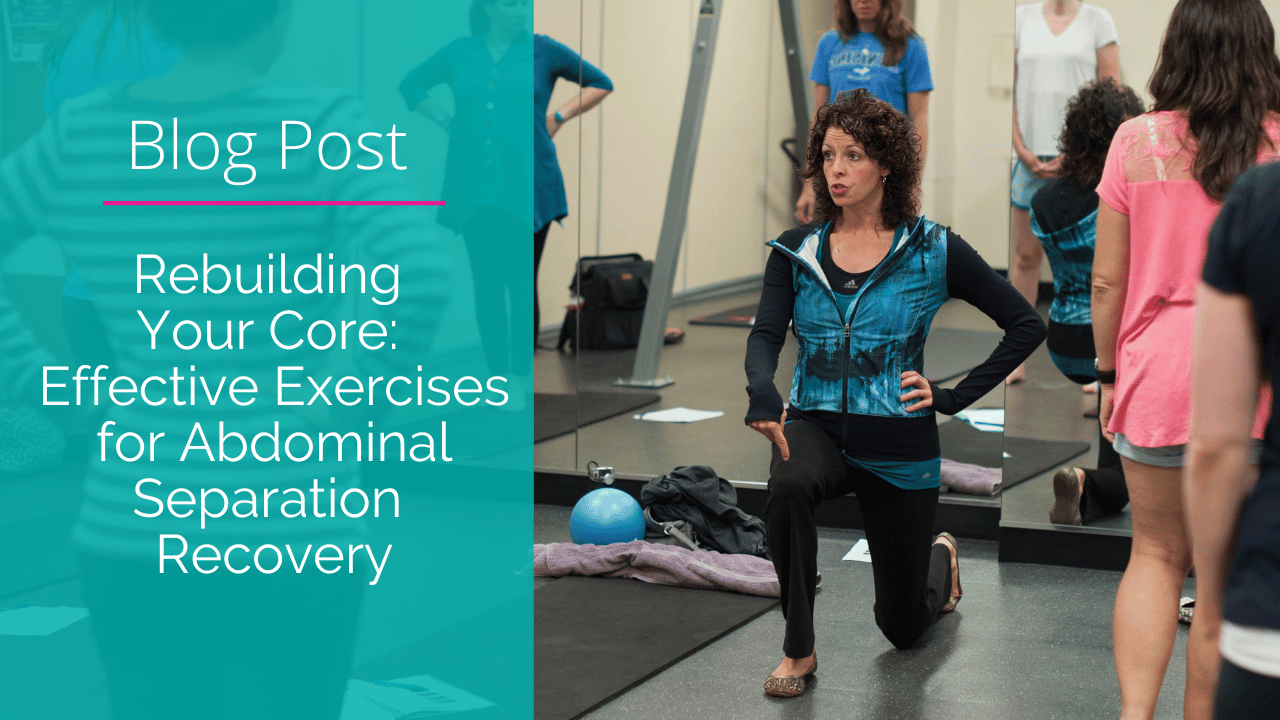Blog
The Gift of Female Fitness Programs (and more!)

Everything I’ve accomplished in my career began as a desire to address a personal problem I was experiencing and was often fueled by the fact that there was a giant gap or inadequacy that needed to be filled.
Let me back way on up. I was in 5th grade, sitting in the library watching my sister’s 4th grade class performance. It was a rendition of We Didn’t Start the Fire by Billy Joel, and I’m guessing the teacher had designed her own creative lyrics, but I wouldn’t know. Because I couldn’t he...
The Gift of Scar Massage

Happy Healing Post Surgery
Scar Tissue and C-Sections
Hi! My name is Krysia Tscherewik and I have the most wonderful job in the world. I have had the honor to work with thousands of women for the last seventeen years. My job? I am an abdominal therapist. I know it sounds weird at first but when I tell you what it can do for you, you will be signing up.
Abdominal therapy helps with reproductive and digestive issues, such as PCOS, Fibroids, Irregular periods, Period pain, Infertility, Crohn's d...
Regaining Core Strength After Pregnancy: A Guide to Diastasis Recti

Are you a new mom struggling to regain your core strength after pregnancy? Some of you who are nodding “yes” are 6 months postpartum…..and some of you are 6 years or more so please know you're not alone. Many women experience a common condition called diastasis rectus abdominus (DRA) which refers to the separation of the abdominal muscles, during pregnancy. While some will spontaneously heal in the postpartum period, many will not. In an effort to “tone” their stretched-out bellies, women often...
Rebuilding Your Core: Effective Exercises for Abdominal Separation Recovery

Are you a new mom struggling to regain your core strength after pregnancy? Or did you just drop your kid off at college and decide it’s time to address the flabby belly you keep tucking into your mom jeans? Don't worry, you're not alone. Many individuals face this common issue, but the good news is that there are effective strategies that can help you rebuild your core and recover from abdominal separation. But I’ll let you in on a little secret. You need a whole-body solution to address a mids...
Diastasis Recti Abdominus (DRA) / Core Restore by Pilates By Carrie

Don’t you DARE start a new exercise program in 2021 without reading this first!!!
Our inner core is like a house comprised of a roof (diaphragm), front door (deep abdominals), foundation (pelvic floor), and back door (lumbar multifidus). Most of us have “houses” that are currently FIXER UPPER projects.
I would never ask a house with a roof that was caving in or a floor that was leaking to withstand a storm, just as we should NOT expect our bodies to withstand the pressure of a new and poten...
Why Being Pregnant Puts You at Increased Risk for Abdominal Muscle Separation

Diastasis Rectus Abdominus, or DRA for those of us short on time(!), is an abnormal separation of the left and right rectus abdominus muscles and can happen in babies, athletes, men, and women! Having a history of being pregnant (no matter the delivery method) can put you at increased risk for this condition for several reasons.
Excessive amounts of force on the linea alba (the connective tissue between the rectus muscles)
The abdominal region is the only area where connective tissue runs di...
DRA & Pregnancy: What You Need to Know

Diastasis Rectus Abdominus is an abnormal separation of the rectus abdominus (“6-pack”) muscles that occur from the excessive, repetitive force on the connective tissue of the abdominal wall.
While this condition is not unique to the pregnant individual, pregnant women are more vulnerable to this condition due to their hormonal environment combined with the excessive forward pressure placed on the connective tissue from the growing uterus. Some statistics report that 27% of women will have DRA...

